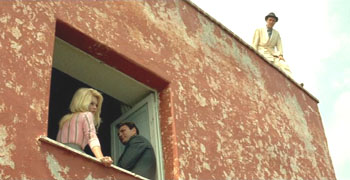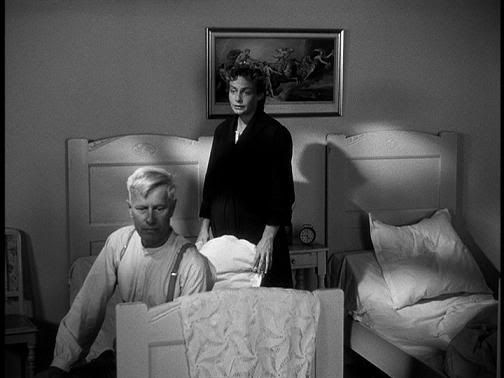
1. The Godfather Trilogy by Francis Ford Coppola
2. The Shawshank Redemption by Frank Darabont
3. Saving Private Ryan by Steven Spielberg
4. Casablanca by Michael Curtiz
5. Dr. Strangelove or: How I Learned to Stop Worrying and Love the Bomb by Stanley Kubrick
6. Taxi Driver by Martin Scorsese
7. Citizen Kane by Orson Welles
8. Nashville by Robert Altman
9. Unforgiven by Clint Eastwood
10. Raging Bull by Martin Scorsese
2. The Shawshank Redemption by Frank Darabont
3. Saving Private Ryan by Steven Spielberg
4. Casablanca by Michael Curtiz
5. Dr. Strangelove or: How I Learned to Stop Worrying and Love the Bomb by Stanley Kubrick
6. Taxi Driver by Martin Scorsese
7. Citizen Kane by Orson Welles
8. Nashville by Robert Altman
9. Unforgiven by Clint Eastwood
10. Raging Bull by Martin Scorsese
Honorable Mention: McCabe & Mrs. Miller (anything else by Altman in the 1970s); Goodfellas; The Best Years of Our Lives; 2001: A Space Odyssey; Rear Window





